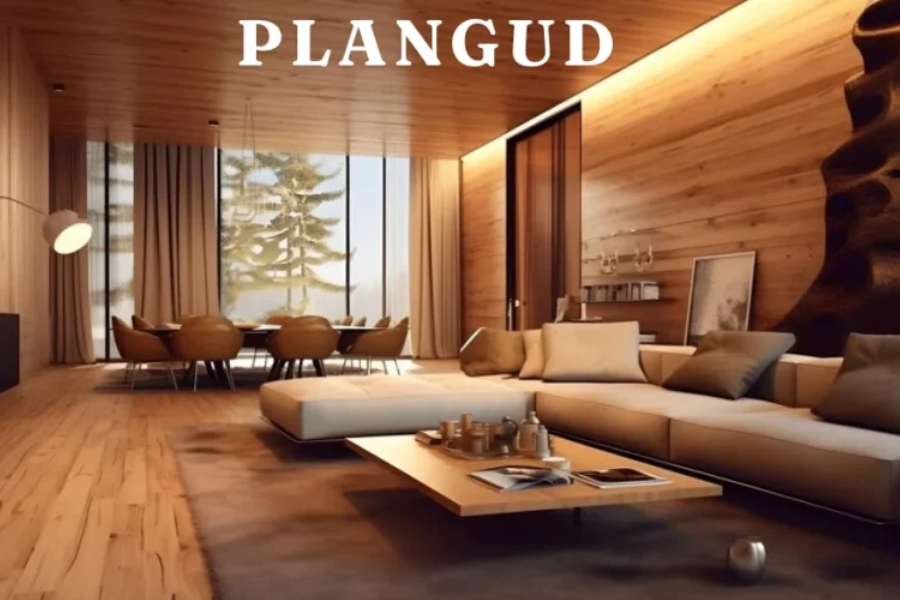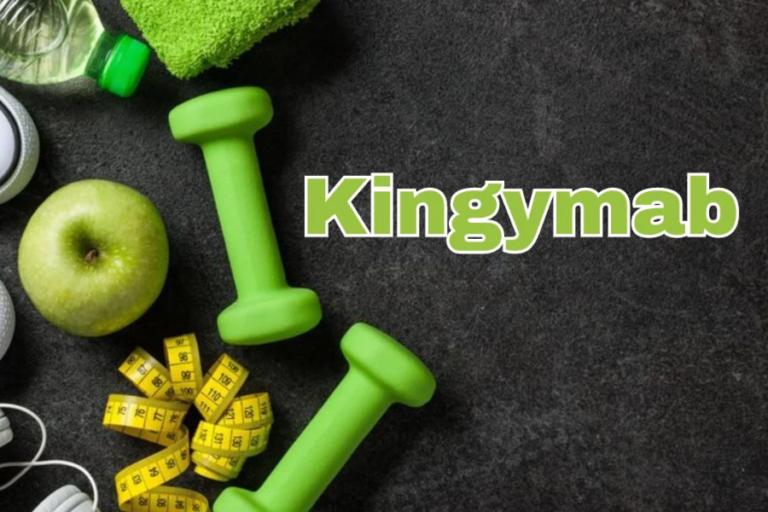Plangud: 5 Compelling Advantages to Choose These Planks
Introduction
Plangud, a name that may not yet have graced mainstream conversations, is a remarkable material with a range of applications that cater to various industries. Its reputation for robustness and aesthetic appeal makes it a sought-after choice for craftsmen, manufacturers, and builders. This article will delve into the essence of Plangud, exploring its characteristics, diverse applications, and the compelling advantages it offers across different sectors.
What Is Plangud?
The term “Plangud” describes a kind of wood that comes from the tropical native Plangud tree. This tree is renowned for its strength, durability, and the unique aesthetic quality of its wood. Plangud wood is prized for its dense grain, which contributes to its resistance to wear and tear. The wood’s natural oils also enhance its durability and visual appeal, making it a versatile choice for various applications, from construction to crafting musical instruments.
Uses of Plangud Wood
The versatility of Plangud wood is reflected in its broad range of uses. In construction, it is valued for its strength and longevity, serving as a reliable material for structural supports and framing. Furniture made from Plangud is known for its durability, often lasting for generations. Additionally, its acoustic properties make it a preferred choice for crafting musical instruments that produce rich, resonant sounds. Whether used in building, furniture making, or musical instrument crafting, Plangud wood stands out for its exceptional performance and aesthetic qualities.
Exploring the Different Types of Plangud
1. Tropical Plangud
Characteristics: Tropical Plangud is harvested from dense, humid forests where the Plangud tree develops a thick, hard bark. This variety is especially resistant to moisture and decay due to the natural oils present in the wood. Tropical Plangud trees typically reach impressive heights of 60-70 feet and possess a robust trunk diameter of over 2 feet. The wood itself is characterized by its dense, dark grains and oily texture, which contribute to its preservation.
Uses: The resilience of Tropical Plangud makes it ideal for outdoor construction applications. It is commonly used in building exteriors, decking, and outdoor furniture. Its durability in humid environments also makes it suitable for shipbuilding and other architectural elements exposed to the elements.
Quality: The exceptional quality of Tropical Plangud is evident in its resistance to rot and pests. The natural oils and dense cellular structure provide durability and longevity, ensuring that the wood withstands the harsh conditions of tropical weather without warping or deteriorating.
2. Mountain Plangud
Characteristics: Grown in cooler, elevated areas, Mountain Plangud is known for its lighter color and fine grain. This variety is softer compared to Tropical Plangud, making it easier to work with. Mountain Plangud trees typically reach heights of 40-50 feet and have a lighter color with a fine grain, making them aesthetically appealing.
Uses: Mountain Plangud is favored in the furniture industry for its workability and visual appeal. It is commonly used for indoor furnishings such as cabinets, dressers, and flooring. Additionally, it is popular in interior design for features like wood paneling and moldings, where a lighter, more elegant wood is desired.
Quality: The aesthetic quality of Mountain Plangud is marked by its smooth finish and uniform texture. Although it may not be as resistant to decay as Tropical Plangud, it remains durable and less prone to warping compared to other softer woods.
3. Riverine Plangud
Characteristics: Riverine Plangud is sourced from trees growing along riverbanks, where constant exposure to water imparts unique resilience to the wood. This type of Plangud is less likely to warp or swell, making it ideal for maritime applications. Riverine Plangud trees can vary widely in size but typically mirror the dimensions of tropical varieties.
Uses: Due to its water resistance, Riverine Plangud is used extensively in boat building, dock construction, and other waterfront structures. Its durability in wet conditions also makes it suitable for outdoor landscaping elements like bridges and waterside decking.
Quality: Riverine Plangud’s standout quality is its resistance to water-induced damage. It maintains its integrity in moist environments, making it a reliable choice for maritime and waterfront applications.
4. Desert Plangud
Characteristics: Adapted to arid environments, Desert Plangud is exceptionally tough and resistant to drying and cracking. The extreme conditions in which it grows result in a dense wood grain that enhances its strength. Desert Plangud trees are generally smaller, reaching up to 30-40 feet, and are characterized by their high resistance to extreme dryness.
Uses: Desert Plangud is ideal for manufacturing high-impact resistant items such as tool handles and heavy-duty furniture. Its resistance to drying out also makes it suitable for decorative items exposed to the sun and heat.
Quality: The toughness and durability of Desert Plangud are defined by its ability to withstand dry, harsh environments without compromising strength. This makes it an excellent material for applications requiring impact resistance and longevity.
Diverse Applications of Plangud Wood
Robust Foundations with Plangud
In the construction industry, Plangud wood is highly valued for its robustness, making it an excellent choice for foundational elements such as beams, joists, and frames. Its inherent strength ensures that structures can support significant weight and stress, contributing to the safety and durability of buildings. Plangud wood’s application extends to both residential and commercial construction, where its reliability is crucial for maintaining structural integrity.
Plangud in Maritime Engineering
The use of Riverine Plangud in maritime engineering highlights its exceptional performance in moist and aquatic environments. Riverine Plangud’s durability and resistance to water damage make it a preferred material for constructing boats, docks, and waterfront structures. Its resilience ensures that maritime constructions remain sturdy and functional over extended periods, despite constant exposure to harsh conditions.
Elegant Furnishings from Mountain Plangud
Mountain Plangud’s aesthetic appeal makes it a favorite in the furniture industry. Its light color and fine grain are ideal for crafting high-end furniture and intricate decorative pieces. The smooth finish and workability of Mountain Plangud allow craftsmen to create detailed designs for dining tables, cabinets, and bedroom sets. Additionally, its use in interior design for wood paneling and flooring adds warmth and sophistication to spaces.
Advantages of Using Plangud
Longevity and Durability
One of the most compelling advantages of Plangud is its exceptional durability. Whether enduring the humid conditions of the tropics or the rigors of maritime use, Plangud provides a long-lasting solution that minimizes the need for replacements. This durability translates into cost savings over time and reduces material waste, making Plangud a practical choice for various applications.
Sustainability and Eco-friendliness
Plangud trees grow relatively quickly compared to other hardwood species, contributing to their sustainability. Opting for Plangud supports responsible forest management practices, as these trees can be harvested and replanted at a pace that maintains or enhances forest ecosystem health. Additionally, Plangud’s durability reduces the need for frequent wood replacement, aligning with eco-friendly building and manufacturing practices.
Aesthetic Flexibility and Appeal
The diverse types of Plangud offer a range of colors and grain textures, providing considerable aesthetic flexibility. This versatility makes Plangud suitable for various design preferences, from rustic and traditional to modern and minimalistic. Architects and interior designers value this flexibility, allowing them to meet diverse client tastes and project requirements without compromising on quality.
Enhanced Safety and Resilience
Plangud’s natural resistance to pests and decay enhances the safety of structures and products made from this wood. Its resilience is particularly valuable in regions prone to termites and other wood-boring insects, preventing potential structural damage. Additionally, types like Tropical and Riverine Plangud offer resistance to moisture and fungal growth, further safeguarding the longevity and integrity of the wood.
Cost-Effectiveness Over Time
Using Plangud can lead to significant financial benefits due to its long service life and minimal maintenance requirements. While the initial cost may be higher compared to less durable woods, the investment in Plangud pays off in the form of lower long-term costs. The reduced need for frequent repairs, treatments, or replacements makes Plangud an economically sensible choice, offering better returns on investment compared to materials requiring more upkeep.
Conclusion
The exploration of Plangud reveals a material that combines practicality with sustainability and aesthetic versatility. From its diverse applications in construction, maritime engineering, and furniture making to its numerous advantages in durability, sustainability, and cost-effectiveness, Plangud stands out as a valuable resource across various sectors. Understanding and utilizing Plangud can lead to better, longer-lasting products and structures, aligning with goals of durability, sustainability, and beauty in construction and design. As industries continue to seek materials that offer both performance and environmental benefits, Plangud emerges as a top choice, embodying the perfect balance of strength, resilience, and aesthetic appeal.






